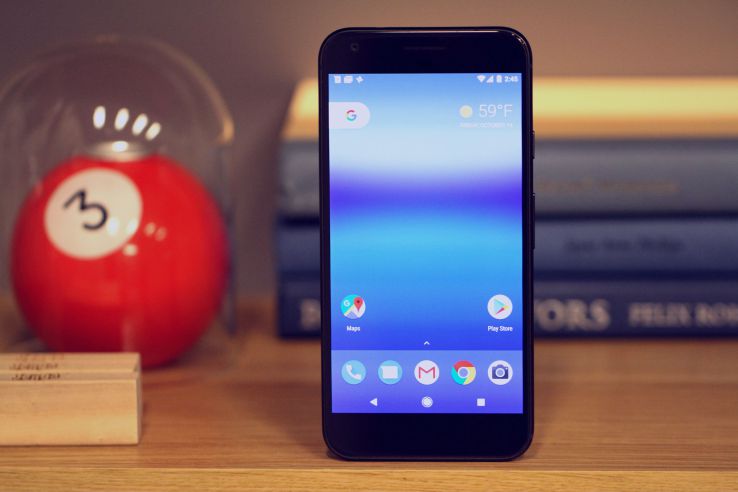

Google has now lifted a controversial ban which wiped out the digital identities — meaning Gmail accounts, access to photos, voicemails and files — of those consumers who used a tax loophole to profit from reselling their Pixel smartphones. The affected people were, in fact, in violation of Google’s Terms of Service, which prohibits you from commercially reselling any device.
However, Google’s disproportionate response to the violation has been described as the “21st century version of losing priceless mementos in a house fire,” according to Daniel Eleff, the owner of the website Dan’s Deals, which initially spotted the bans following the complaints from forum members.
The violation, in a nutshell, involved consumers who bought their phones from Google’s Project Fi mobile operator, then shipped them to a reseller in New Hampshire, a state with no sales tax. The reseller agreed to split the profit from the resale of the devices, which were marked up, with those who shipped in their phones.
Obviously, this is a pretty shady arrangement on all the participants’ parts, and it does warrant a response of some kind from Google. But wiping out a user’s Google identity was a bit too much.
At the very least, it was argued, Google could have allowed those whose accounts were terminated to export their data.

The news of the bans was picked up by a number of media outlets this week, including The Guardian, Consumerist, PCMag, Engadget, the AP and others. The AP also characterized Google’s actions as “a digital death sentence” — repeating Eleff’s sentiments — after interviewing those who lost access to their data following the Google ban.
Eleff, who has been tracking the issue on his Dan’s Deals site, posted a statement Google sent to him which explained that many of the Google accounts that were suspended were created “for the sole purpose of this scheme” — referring to the customers’ plans to resell their devices.
But that wasn’t universally true, which is why Google is now switching back on access to those with “genuine accounts.”
It was estimated that more than 200 people were blocked from their accounts by Google.

The Guardian this morning spotted the update to Dan’s Deals website, which details Google’s change of heart.
“After investigating the situation, we are restoring access to genuine accounts for customers who are locked out of many Google services they rely on,” the Google statement reads.
While it’s good to hear that the punishment no longer exceeds the crime for those involved, the larger takeaway from this situation is a stark reminder of how much of our digital lives are out of our control. With one false move, people lost access to a significant part of their digital identity and trove of personal data.
As the AP report found by speaking with those affected, these people’s lives were immediately impacted in non-trivial ways — they missed emails with confirmation numbers for their flights, couldn’t access work files or medical records, didn’t spot messages about upcoming credit card payments and so on.
Google may be within its right to take an action — perhaps ban violators from buying more phones or ask them to export their data and move to another provider — but it shouldn’t have the right to completely shut off someone’s digital life instantly, with no warning.
(image credits, email and screenshot: Dan’s Deals)

